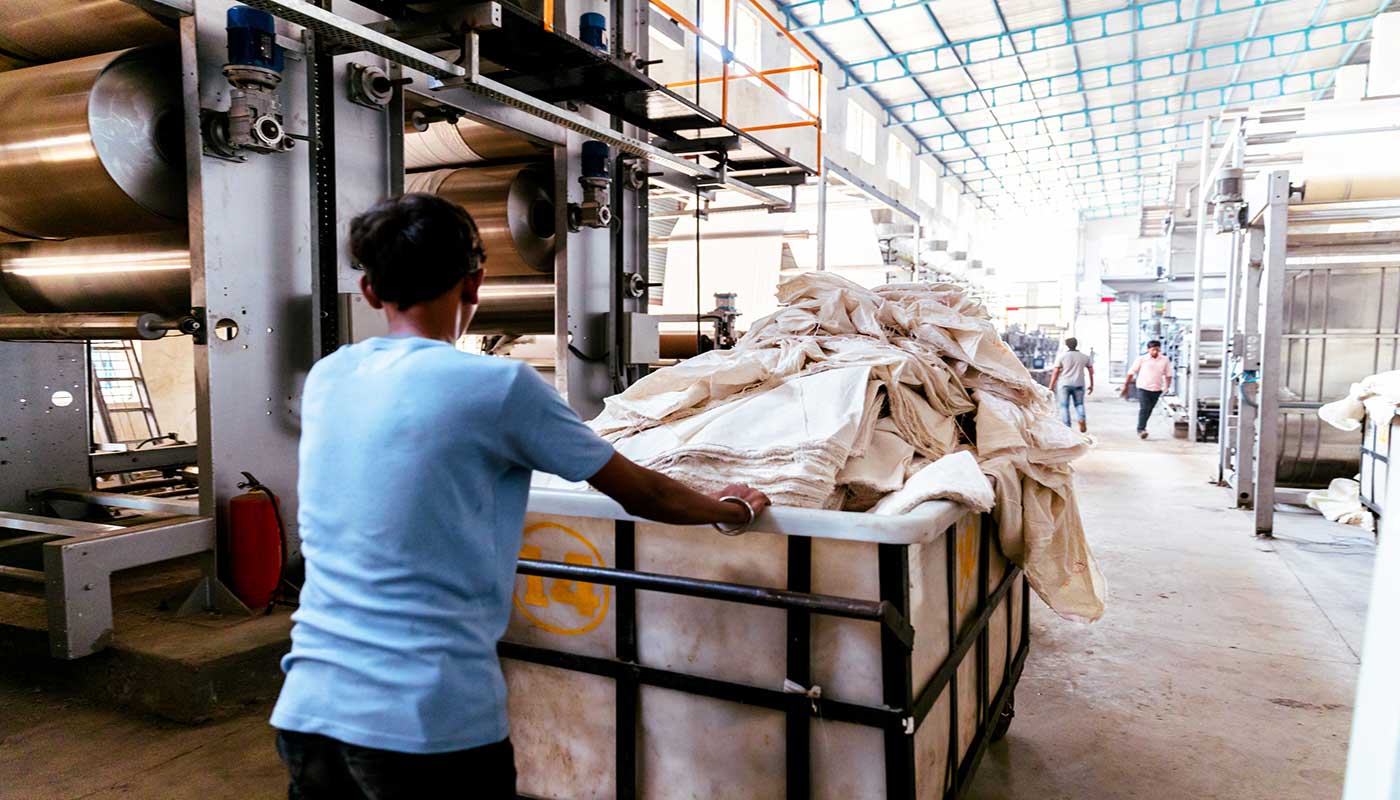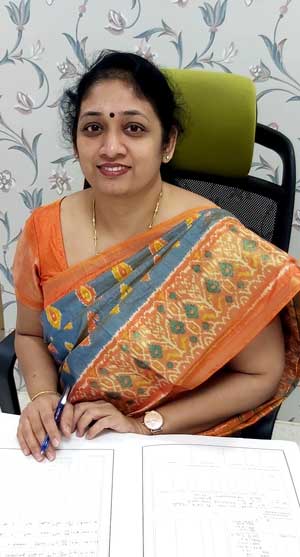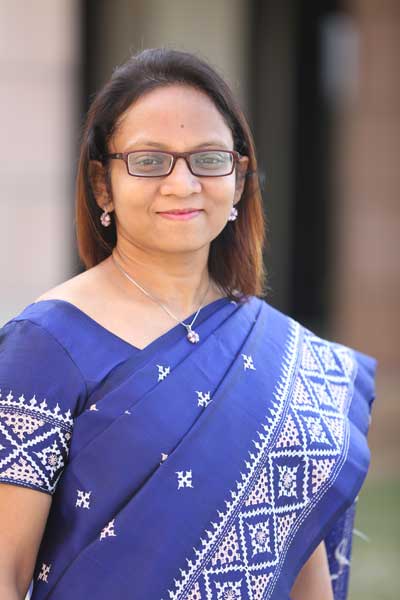
A recent GARP Risk Intelligence article, A View from South Asia: This Time Is Different, looked back from the pandemic crisis to how India's Xennial generation experienced the evolution in technology, economy, business, sports, movies and fashion, and bore witness to terrorism, war and politics over four to five decades. In this article, we would like to consider the difference that this generation can make in the fight against COVID-19 and the need to reset some of our beliefs.
The Dichotomy: The Xennials bridged the gap between the Baby Boom-Gen X and Generation Y and Z cohorts, and from analog to the tech-savvy Millennials. We grew up believing that the Industrial Revolution was the greatest thing to have happened to society; and that globalization, free trade and free movement of goods, services and people was the present and the future. Now, increasingly, there is evidence that that's what might damage the planet irrevocably, with severe consequences for the human species.

The work done by previous generations and taken forward by ours has helped unravel the puzzle of genes: The Human Genome Project and artificial intelligence have made tremendous progress in understanding human biology. Yet, this pandemic has brought the world to its knees. And it is hitting home the message that a microscopic protein sac containing one strand of RNA can threaten a whole species - that nothing that we thought mattered all this while really matters.
Changes in lifestyles, income levels and awareness introduced us to a sea change in cultures and values as to varying health conditions that we were not prepared for. Luckily (or unluckily) for us, advancements in the use of technology in healthcare research, pharma and genetics helped us cope to some extent in maintaining the physical health. And we continued to ignore the warnings.
Unbalancing Nature: A November 2019 National Geographic article was prophetic in describing how deforestation was causing bats to have “no other option than to fly elsewhere in search of food, carrying with them a deadly disease.” The article warned: “Whether such diseases stay confined to forest fringes or if they gain their own foothold in people, unleashing a potential pandemic, depends on their transmission.”
Within a couple of months of that publication, the world was gripped by the novel coronavirus. The steps required to contain the virus, like lockdowns and social distancing, are testing our mental and spiritual health, and we, as a conscious species, need to adapt quickly to a new order. So maybe the Xennials, who are in the prime of their productive lives, can now take charge and put to good use all the technology and administrative abilities developed, all the ways to approach data analysis and the math that we have learned, and we may yet be able to come out triumphant. But certainly, by then, we would have lost a lot.
This period should be used to develop the moral and ethical compass to keep pace with the progress of humankind. To do away with the arrogance that we can improve on nature. To evolve as a conscious species. And to reset the definitions of heroism.
Heroism: We are fond of role models and heroes. The image and words of a Spanish biological researcher on WhatsApp stuck with us: “You give footballers one million euros a month and biological researchers 1,800 euros. You are looking for a treatment now. Go to Cristiano Ronaldo or Messi and they will find you a cure.” Have we not created an imbalance in the way we idolize some and neglect others?

Another WhatsApp forward doing the rounds showed doctors in white coats and referred to them as “Gods.” What immediately came to our minds were assaults and acts of violence against doctors that are not only on the rise, but also a significant challenge for healthcare providers. When we were younger, Indians grew up being told that there were two noble professions: teaching and treating people. In their late 30s and 40s, none of our doctor friends want their kids to be doctors. There is no work-life balance, burnout is very high, payoff is not commensurate with the stresses and challenges, and the satisfaction of serving people is at times difficult with corporatization of healthcare to a great extent.
Yet, with a pandemic now threatening to impact every person on the planet, we must pause to think if we chose our heroes wisely, and did we hold them accountable? When we complained that the facilities provided at our public hospitals was not up to standards, did we stop to think how that happened? Did we hold our politicians and public servants responsible?
If nothing else, let this pandemic teach us to choose our heroes wisely. Like wars and terrorism taught us to regard “army (wo)men” as heroes. People have started to realize that the army keeps our borders safe. We sleep peacefully because they stay awake for us in harsh climates and conditions.
While the stars of entertainment had been ruling our minds and lives all these years, we forgot who really deserves our respect and attention. It is time we recognize the people working behind stethoscopes, microscopes and hazmat suits as real, sustainable heroes, and not go back to abusing them once the storm of this pandemic subsides. And not just doctors, but every single nurse, ancillary healthcare worker, public officials who monitored the epidemic, philanthropists, and anyone who did anything to keep the system running to battle this unseen monster.
We Can: For the first time in history, an infectious disease, smallpox, was declared eradicated in 1980. Rinderpest was eradicated in 2001. Polio is near eradication. The Xennials have grown up believing that wars against deadly diseases can be won. They can with a never-give-up attitude, each of us doing the best that we can do in the circumstances, by not being a “covidiot,” and extending complete support to those on the frontlines.
Dr. V.P. Jyotsna is Consultant Obstetrician and Gynecologist, Rainbow Hospitals, Hyderabad. Nupur Pavan Bang, PhD (npbang@gmail.com) is associate director, Thomas Schmidheiny Centre for Family Enterprise, Indian School of Business.